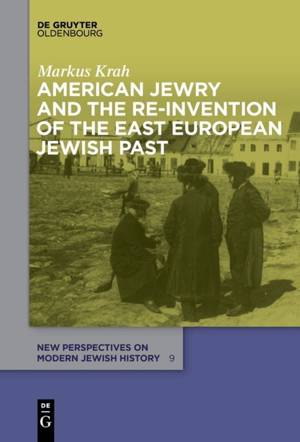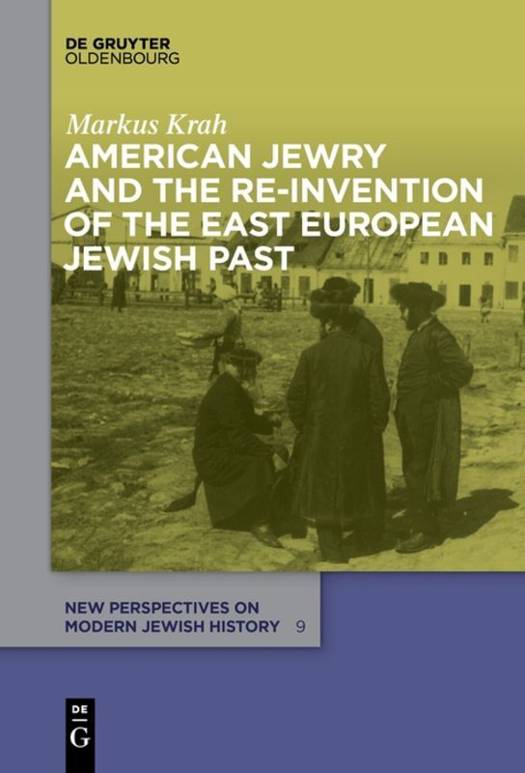
- Retrait gratuit dans votre magasin Club
- 7.000.000 titres dans notre catalogue
- Payer en toute sécurité
- Toujours un magasin près de chez vous
- Retrait gratuit dans votre magasin Club
- 7.000.0000 titres dans notre catalogue
- Payer en toute sécurité
- Toujours un magasin près de chez vous
American Jewry and the Re-Invention of the East European Jewish Past
Markus KrahDescription
The postwar decades were not the "golden era" in which American Jews easily partook in the religious revival, liberal consensus, and suburban middle-class comfort. Rather it was a period marked by restlessness and insecurity born of the shock about the Holocaust and of the unprecedented opportunities in American society. American Jews responded to loss and opportunity by obsessively engaging with the East European past. The proliferation of religious texts on traditional spirituality, translations of Yiddish literature, historical essays, photographs and documents of shtetl culture, theatrical and musical events, culminating in the Broadway musical Fiddler on the Roof, illustrate the grip of this past on post-1945 American Jews. This study shows how American Jews reimagined their East European past to make it usable for their American present. By rewriting their East European history, they created a repertoire of images, stories, and ideas that have shaped American Jewry to this day.
Spécifications
Parties prenantes
- Auteur(s) :
- Editeur:
Contenu
- Nombre de pages :
- 304
- Langue:
- Anglais
- Collection :
- Tome:
- n° 9
Caractéristiques
- EAN:
- 9783110499926
- Date de parution :
- 20-11-17
- Format:
- Livre relié
- Format numérique:
- Genaaid
- Dimensions :
- 160 mm x 234 mm
- Poids :
- 566 g

Les avis
Nous publions uniquement les avis qui respectent les conditions requises. Consultez nos conditions pour les avis.






